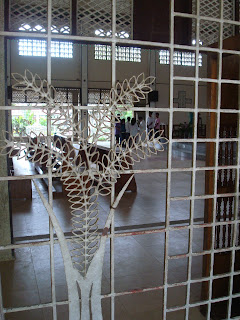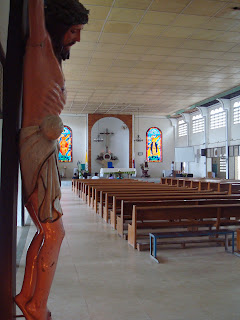the collect and the readings: 31st week tuesday 2012 II

Last week we reflected on the Gloria, the ancient pryer, Glory to God int he highest. In particular we reflected on the greeting of the angel peace to men of good will, and we said that the gift of the incarnation was not because we deserved it, nor did God owe it to us, but that all these are divine initiative. It is God who loved us first. He has given us graces although these are undeserved. And finally he will grant us heaven not because we are worthy of heaven but because of his mercy.














